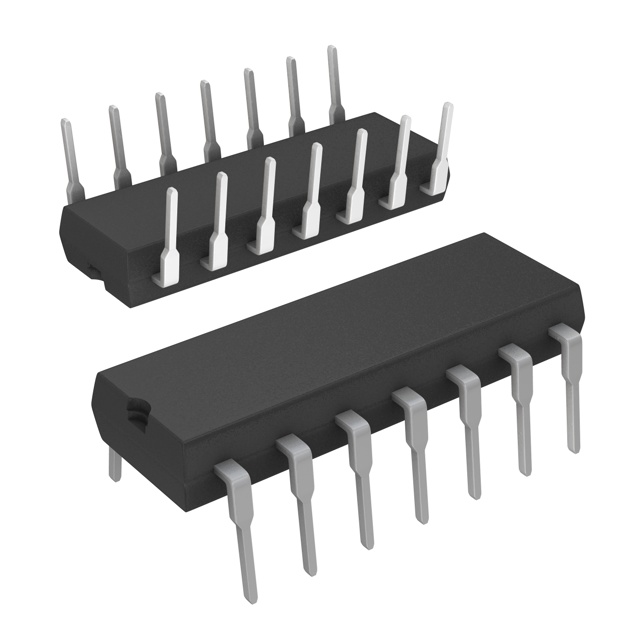SNJ54ALS832AJ
Manufacturer No:
SNJ54ALS832AJ
Manufacturer:
Description:
54ALS832A HEX 2-INPUT OR DRIVERS
Datasheet:
Delivery:





Payment:




In Stock : 198
Please send RFQ , we will respond immediately.









SNJ54ALS832AJ Specifications
-
TypeParameter
-
Current - Quiescent (Max)-
-
Package / Case-
-
Supplier Device Package-
-
Mounting Type-
-
Operating Temperature-
-
Max Propagation Delay @ V, Max CL-
-
Input Logic Level - High-
-
Input Logic Level - Low-
-
Current - Output High, Low-
-
Voltage - Supply-
-
Features-
-
Number of Inputs-
-
Logic Type-
-
PackagingBulk
-
Product StatusActive
-
Series*
The SNJ54ALS832AJ is a specific integrated circuit (IC) chip that belongs to the ALS (Advanced Low-Power Schottky) family. It is a 9-bit transparent latch with 3-state outputs. Here are some advantages and application scenarios of this IC chip:Advantages: 1. High-speed operation: The ALS technology used in this chip allows for fast switching speeds, making it suitable for applications that require quick data transfer and processing. 2. Low power consumption: The ALS family of IC chips is known for its low-power characteristics, making it energy-efficient and suitable for battery-powered devices. 3. Wide operating voltage range: The SNJ54ALS832AJ can operate within a wide voltage range, typically between 4.5V and 5.5V, providing flexibility in various applications. 4. 3-state outputs: The chip has 3-state outputs, which means it can be in an active output state, high-impedance state, or disabled state. This feature allows for easy interfacing with other devices and enables bus sharing.Application scenarios: 1. Data storage and transfer: The transparent latch functionality of this chip makes it suitable for applications where data needs to be temporarily stored and transferred between different components or subsystems. 2. Address decoding: The SNJ54ALS832AJ can be used in address decoding circuits, where it helps in selecting specific memory locations or peripheral devices based on the address signals received. 3. Bus interfacing: The 3-state outputs of this chip make it useful in bus systems, where multiple devices share a common data bus. The chip can enable or disable its outputs to prevent bus contention and ensure proper data transfer. 4. Control signal generation: The latch functionality of this chip can be utilized to generate control signals for various purposes, such as enabling or disabling specific functions or operations in a system.It's important to note that the specific application scenarios may vary depending on the overall system requirements and design.
SNJ54ALS832AJ Relevant information







